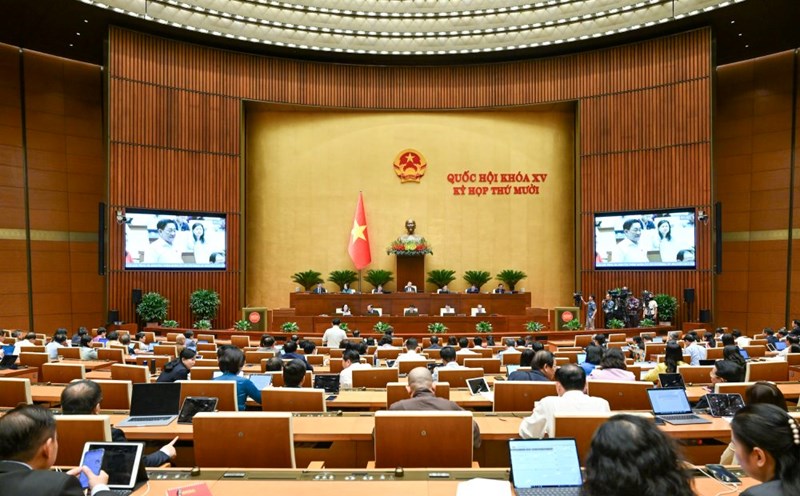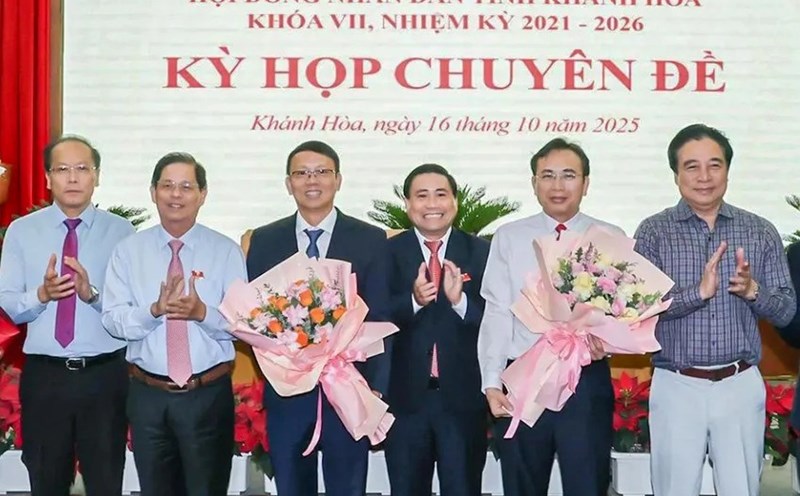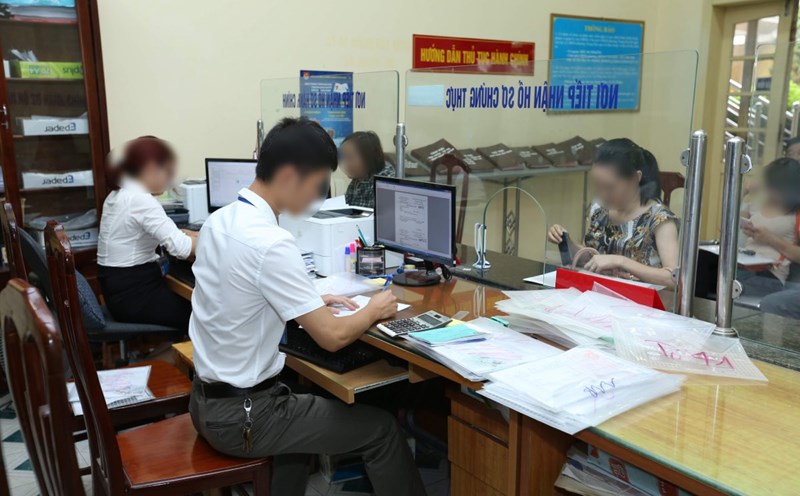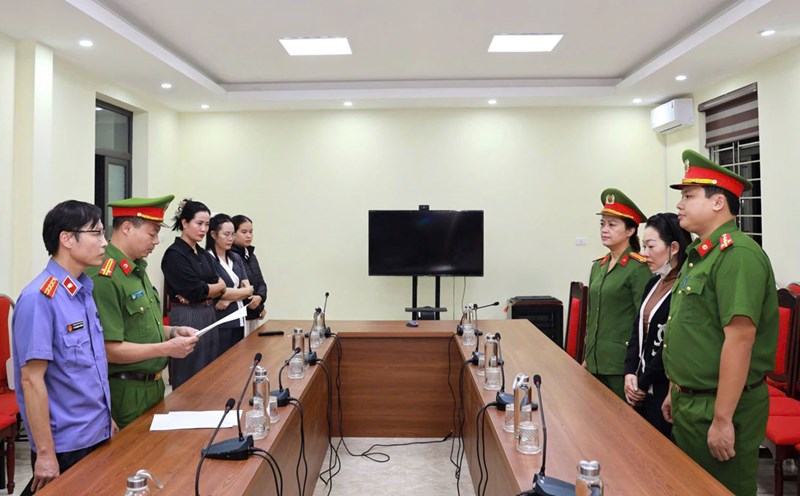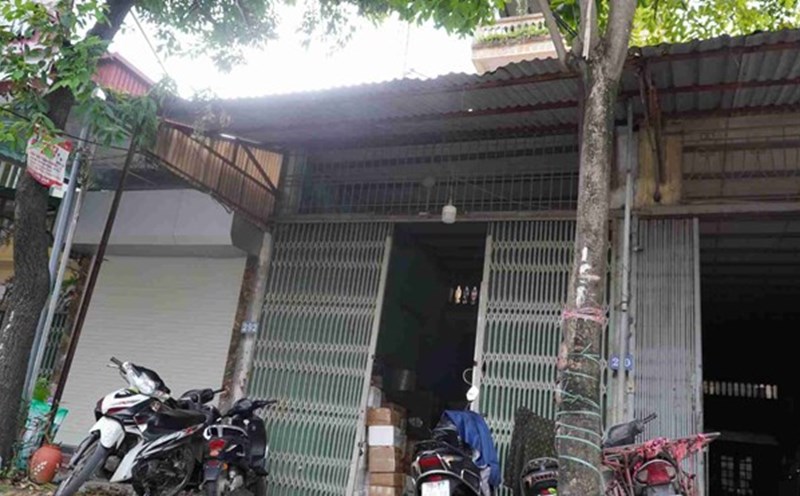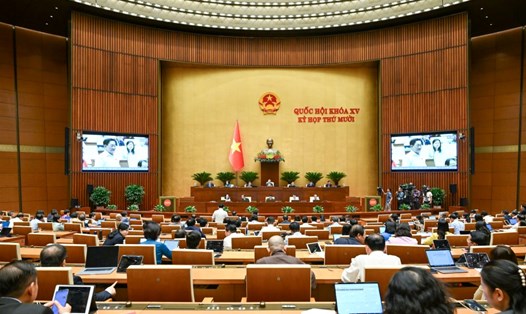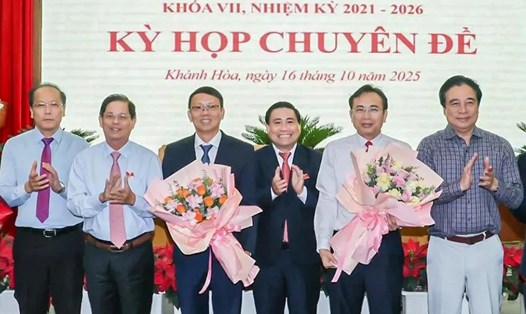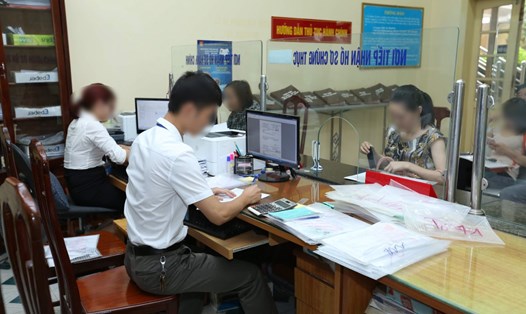Proposal to transfer the branch of the land registration office to the commune level for management
On the morning of October 30, the National Assembly continued to discuss in the hall about socio-economic issues and many other important contents.
Delegate Nguyen Huu Thong (Lam Dong Delegation) said that the revolution in arranging administrative units and organizing a two-level local government model is a major step of institutional reform, contributing to streamlining the apparatus, improving the effectiveness and efficiency of state management, creating new development space for localities.
However, the delegate pointed out that labor productivity and growth quality are not really sustainable. A part of businesses, especially small and medium enterprises, still face difficulties in cash flow, market and access to credit capital.
On the other hand, some arising issues need to be resolved promptly, including administrative procedures on land. The delegate stated that this is something that the people are interested in and through meetings with voters, he finds it the most troublesome.
In fact, in many localities, people still have to travel far, travel many times, through many intermediaries to complete land procedures. Among the reasons for the above situation is that the land registration office branch system is still under provincial management.
This is not in line with the current model of two-level local government and goes against the goal of decentralization and delegation of power as we are hoping for.
To overcome the shortcomings, difficulties and limitations, delegates recommended that the Government and ministries and branches soon review and issue a policy to transfer the branch of the land registration office to the commune level for management, placed under the direction of the commune-level People's Committee.
At the same time, there are specific instructions on personnel, financial mechanisms, facilities and professional processes.
The delegate recommended that the Government and ministries and branches amend regulations on the number of deputy heads of commune-level People's Committees and deputy heads of specialized departments and offices under commune-level People's Committees, in the direction of increasing the number to suit the management characteristics of each locality.
The delegate cited the current reality that many communes and wards have a very large population and diverse workloads, but the number of Vice Chairmen of the People's Committee and deputy heads of departments at the commune level is still thin and has many tasks.
This leads to overload and delays, especially in the process of handling land records, basic construction investment, issues related to religious and ethnic work and social order management.
Need for breakthroughs in income and treatment of cadres and civil servants
Delegate Truong Trong Nghia (HCMC Delegation) proposed a breakthrough decision on income and benefits for cadres, civil servants, and public employees, especially those holding leadership positions, according to the principle that salaries must be equal to the average living standard of society.
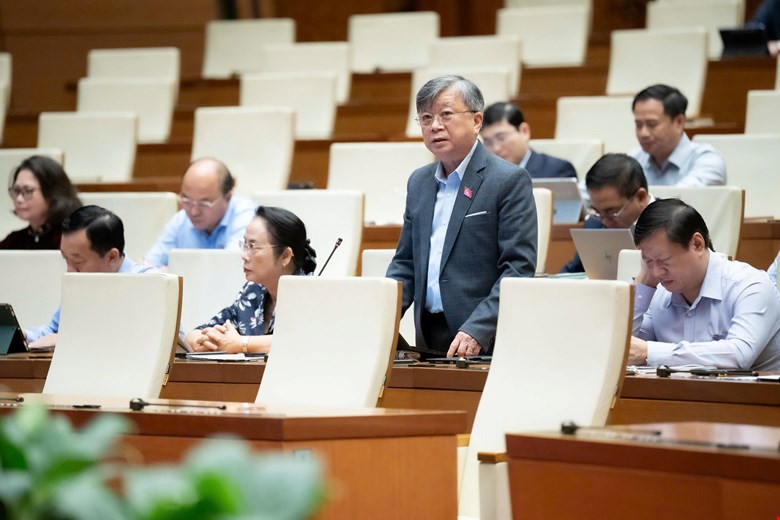
Along with the increased income, according to the delegate, it is necessary to establish a reasonable work assessment index (KPI), apply worthy bonuses, strict sanctions for KPI implementation, and have other reasonable treatment.
In appointing leaders of all levels, delegates proposed to immediately apply scientific standards, criteria, and methods to evaluate and select through an objective measure that is fair and interested in the highest interests of the country.

